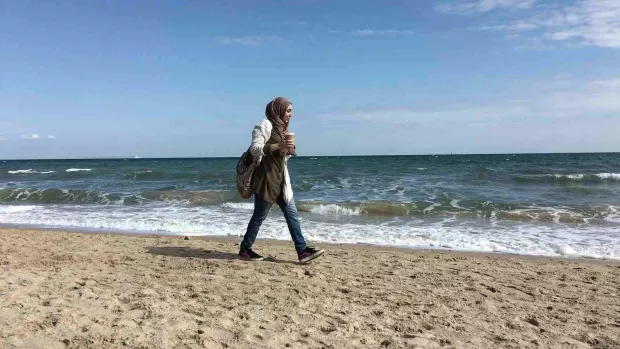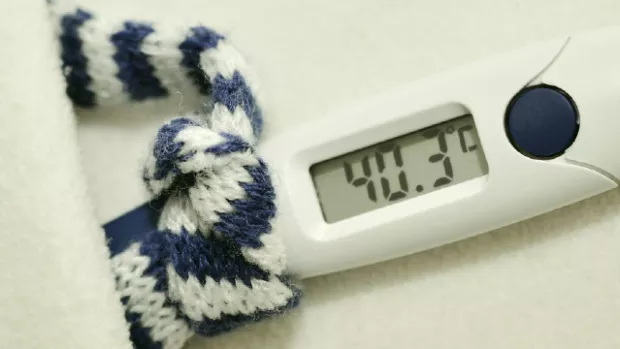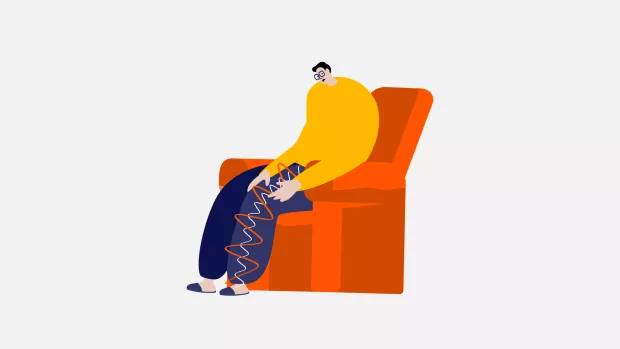
Repeat after me: touch is a privilege
Touch keeps us in touch with others. As we move out of lockdown, let us not forget that even when touch is possible, it is not always desirable.
MS can make touch painful
For me, there are periods when touch hurts because of a type of neuroropathic pain called allodynia. I know how the slightest touch of rain and shower drops can turn into pins and needles. I know what it feels like not to be hugged for months because being physically intimate could make my symptoms worse.
In times of stress, my allodynia gets worse. In those times, I wear full-body covering to avoid an electric shock when someone brushes against me. Living in a society that cares about what and who they touch, helps to manage this stress.
I have a fulfilling relationship and a successful career – I am one of the very lucky ones. For the millions of chronically ill (with multiple sclerosis but also fibromyalgia, osteoarthritis or rheumatoid arthritis) or for those who suffered nerve damage as a result of chemotherapy or accident, light touch can feel like stabbing on repeat.
The need for research and social awareness about touch
I wish there was more research and more social awareness into touch. Some countries, such as for example Australia, are getting better at recognizing the need for additional support for those who struggle with intimate touch. But one does not need to have a disability to know that pleasurable physical touch is a privilege.
Consider same-sex partners who must avoid holding hands in countries where it is illegal to be gay. Or the many couples in long-distance relationships. Or children in care or living in families where hugging is not allowed. The expression of love through touch is mutually charging. Everyone should be able to afford this privilege.
People experience touch in different ways
Technologies can enrich the ways partners express affection for each other. Emojis, photographs or videos, can shorten the distance between two human bodies. But while technologies can be touchless, we humans are not. Even on my worst days I was touchable in some areas. We need technologies that expand the unique ways in which we like to be touched.
My touch-free days do not happen by choice. I am very conscious and careful of who and what I touch. I am also very aware that while my body belongs to me, allodynia does not. Like clouds above a wide landscape, allodynia comes and goes. I cannot control it, but I can decide how I respond to it. I look up.
Eleni Cay is a poet. Her novel ‘The Love Virus’, which draws on her personal experience of MS, can be downloaded for free as an e-book or audiobook on her website.




